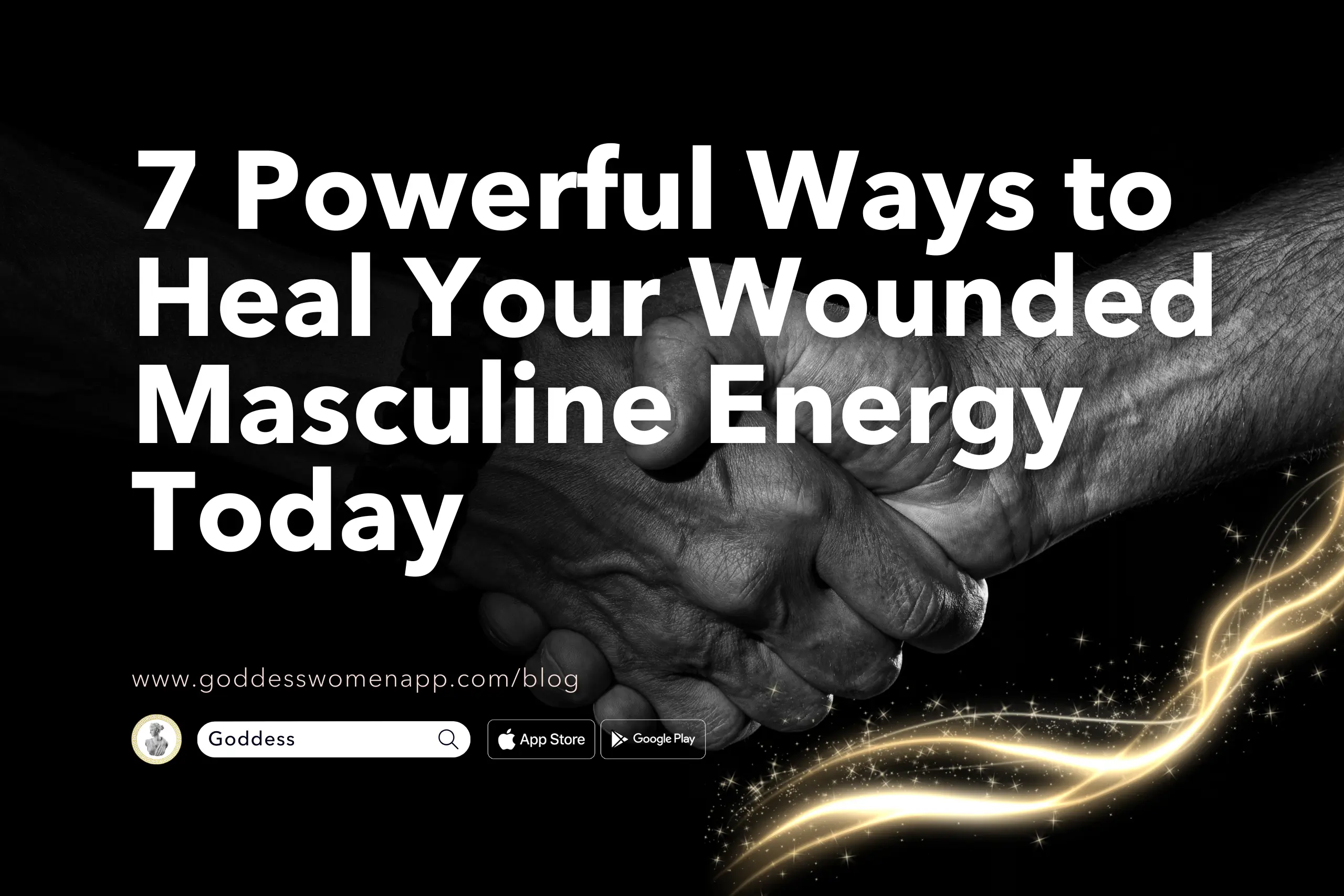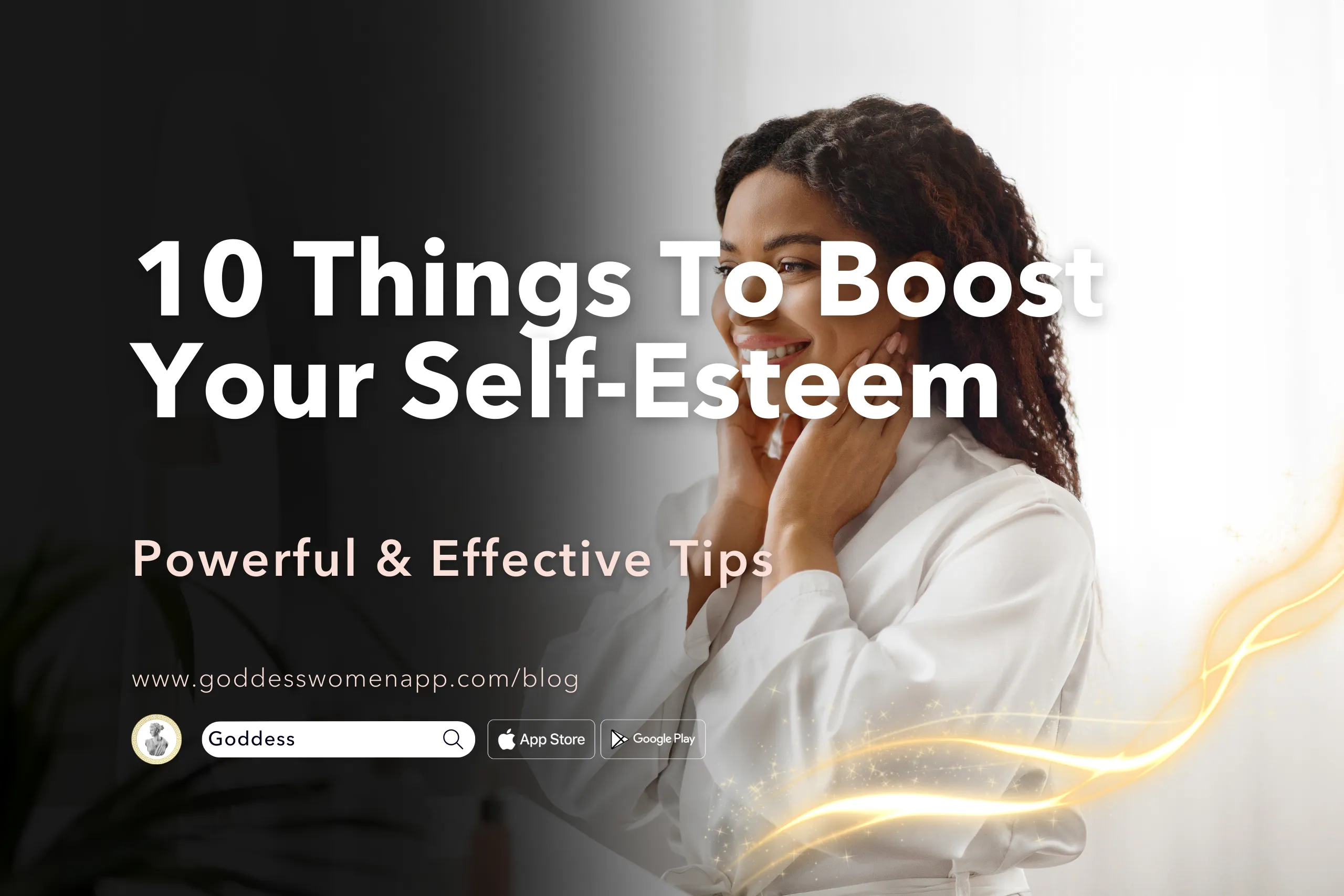
In an era where the dialogue around mental and emotional wellness is louder and clearer than ever, a nuanced aspect lurks in the shadows, often misunderstood or ignored: wounded masculine energy. This concept, transcending the traditional boundaries of gender, touches the core of how individuals engage with themselves and the world around them. Today, we embark on an insightful journey to uncover the essence of wounded masculine energy, aiming not only to understand it but also to offer tangible, transformative steps for healing.
Table of Contents
Introduction
Wounded masculine energy manifests when the qualities typically associated with masculinity—such as assertiveness, strength, and the ability to provide and protect—are in disharmony, leading to negative behaviors and emotional turmoil. This imbalance, crucially, is not exclusive to men; it affects people of all genders, influencing their interactions, behaviors, and internal emotional landscape.
The repercussions of unhealed masculine energy are profound, echoing through one’s personal life, professional endeavors, and, most significantly, their mental and emotional well-being. It’s a silent struggle, often cloaked in societal norms and personal pride, making it a challenging journey to embark on. However, the path to healing and balance is both necessary and rewarding, paving the way for a more authentic, fulfilled existence.
In this exploration, we aim to shed light on the intricate facets of wounded masculine energy, guiding readers through understanding its signs, impacts, and, most importantly, the steps towards healing. It’s a call to action—a beacon of hope for those ready to transform their lives and embrace their true potential.

Understanding Wounded Masculine Energy
At the heart of wounded masculine energy lies a profound disconnection from the authentic self, spurred by societal expectations, personal experiences, and the often rigid frameworks of what it means to be “strong.” This energy becomes wounded when the balance tips, leading to an overemphasis on traits like dominance, emotional suppression, and an exaggerated sense of independence, which, paradoxically, can lead to feelings of isolation, inadequacy, and fear.
Wounded masculine energy is characterized by a variety of signs, including, but not limited to, aggression, emotional unavailability, hyper-competitiveness, or an overwhelming need for control. These behaviors, while potentially protective mechanisms against vulnerability, hinder genuine connections with oneself and others, perpetuating a cycle of dissonance and dissatisfaction.
Understanding this energy is the first, pivotal step towards healing. It involves recognizing these patterns within ourselves and the societal structures that perpetuate them. This awareness is the foundation upon which healing is built, offering a beacon of light to those navigating the murky waters of emotional and psychological turmoil.
As we delve deeper into the nuances of wounded masculine energy, we invite readers to approach this topic with an open heart and mind, ready to explore the depths of their own experiences and the potential for transformation that lies within. The journey of healing is both deeply personal and universally resonant, offering a path to balance, peace, and a more authentic way of being in the world.

Signs of Wounded Masculine Energy
Identifying wounded masculine energy within oneself or others is a critical step towards healing and transformation. This energy, often masked by societal norms and personal defense mechanisms, can manifest in various ways, subtly influencing behavior and emotional well-being. Recognizing these signs is not about casting judgment but fostering understanding and compassion for oneself and others. Here are key indicators of wounded masculine energy:
Aggression and Overreactivity: A tendency towards aggression, not just physically but emotionally, often signifies wounded masculine energy. This may manifest as a quick temper, overreactivity to minor provocations, or an intense need to dominate in situations.
Emotional Unavailability: Struggling to connect with or express emotions is a hallmark sign. This might look like difficulty in opening up about feelings, a tendency to shut down in emotionally charged situations, or discomfort with vulnerability.
Hyper-competitiveness: While healthy competition can be beneficial, an excessive need to win or be the best, often at the expense of personal relationships or well-being, points to a deeper issue rooted in insecurity and the fear of not being “enough.”
Fear of Vulnerability: Avoiding vulnerability at all costs, viewing it as a weakness rather than a strength, leads to a lack of genuine connections and a deep-seated loneliness.
Control Issues: A compulsive need to control outcomes, people, and situations often stems from a fear of uncertainty and a deeper sense of powerlessness.
Difficulty in Trusting Others: This can be a protective mechanism against perceived threats, leading to isolation and a lack of close, trusting relationships.
Neglecting Self-Care: Prioritizing the needs of others or societal expectations over personal well-being, often leading to burnout and resentment.
Recognizing these signs within ourselves or loved ones can be challenging but is a crucial step towards healing. It’s about acknowledging these patterns without shame, understanding their roots, and gently guiding oneself towards healthier ways of being.

The Impact of Wounded Masculine Energy
The ripple effects of unhealed masculine energy are profound and far-reaching, impacting every aspect of life. Here’s how:
Personal Relationships
Wounded masculine energy can strain relationships, creating barriers to intimacy, understanding, and mutual support. It can lead to conflict, misunderstandings, and a cycle of emotional disconnect, where genuine love and affection struggle to flourish.
Professional Life
In the workplace, this energy can manifest as over-competitiveness, a reluctance to collaborate, or difficulty in accepting feedback. It not only hinders personal growth but can also contribute to a toxic work environment, affecting team dynamics and overall productivity.
Mental and Emotional Health
Perhaps the most significant impact is on one’s mental and emotional health. Wounded masculine energy can lead to depression, anxiety, and a host of stress-related issues. It contributes to a persistent sense of inadequacy, low self-esteem, and in severe cases, self-destructive behaviors.
Physical Health
The mental and emotional strain of wounded masculine energy can also manifest physically. Chronic stress, for example, can lead to a myriad of health issues, including heart disease, high blood pressure, and a weakened immune system.
Understanding the signs and impacts of wounded masculine energy is not merely an exercise in self-awareness; it’s a critical step towards healing. It’s about recognizing the patterns that no longer serve us, breaking free from the chains of societal expectations, and embarking on a journey towards a balanced, healthier state of being. This journey, while personal, echoes the collective need for a shift towards embracing vulnerability, empathy, and authenticity in all aspects of life.
Root Causes of Wounded Masculine Energy
The journey toward healing wounded masculine energy begins with understanding its origins. These roots are often deep, intertwined with personal experiences and societal constructs that shape our understanding of masculinity. Recognizing these underlying factors is crucial for anyone looking to heal and transform their energy. Here are the primary root causes:
Societal Expectations and Norms: Society often imposes rigid norms about what it means to be “masculine,” equating strength with emotional stoicism and dominance. These expectations can stifle authentic emotional expression, leading to wounded energy.
Early Childhood Experiences: The environment in which one grows up plays a significant role. Lack of positive role models, emotional neglect, or exposure to toxic masculinity can leave lasting impressions, shaping one’s perception of masculinity.
Trauma: Traumatic experiences, especially those unprocessed and unresolved, can significantly impact one’s masculine energy. This includes experiences of abandonment, rejection, or any form of abuse.
Cultural Influences: Cultural narratives and media portrayals often glorify unhealthy masculine traits, such as aggression and emotional suppression, further embedding these as ideals to aspire to.
Peer Pressure: The influence of peers, especially during formative years, can push individuals towards conforming to unhealthy masculine stereotypes, fearing rejection or ridicule otherwise.
Personal Insecurities: Insecurities about self-worth, capabilities, or identity can exacerbate the retreat into wounded masculine behaviors as a defense mechanism.
Educational and Professional Environments: Schools and workplaces that valorize competitive, aggressive, and emotionally detached behaviors can reinforce and perpetuate wounded masculine energy.

7 Powerful Healing Strategies
Healing wounded masculine energy is a process of introspection, understanding, and action. Here are seven strategies to facilitate this healing journey:
1. Self-reflection and Acknowledgment
The first step in healing is recognizing the presence of wounded masculine energy within oneself. This requires honest self-reflection and the courage to acknowledge these wounds without judgment.
2. Seeking Professional Help
Therapy or counseling can offer invaluable support. A professional can provide insights, tools, and strategies to understand and heal the underlying causes of wounded energy.
3. Building a Supportive Community
Creating or joining a community that understands and supports your healing journey can be transformative. Such environments provide a sense of belonging, understanding, and mutual growth.
4. Practicing Mindfulness and Meditation
Mindfulness and meditation foster a deep connection with oneself, promoting emotional regulation and self-awareness. These practices can help in recognizing and managing the impulses of wounded masculine energy.
5. Engaging in Physical Activity
Physical activities, especially those that encourage mindfulness and connection (like yoga, martial arts, or team sports), can help in releasing pent-up emotions and stress, fostering a sense of well-being.
6. Exploring Creative Outlets
Creative expression allows for the exploration and release of emotions in a healthy, constructive manner. Whether through art, music, writing, or dance, creativity can be a powerful tool in the healing process.
7. Setting Boundaries and Practicing Self-Care
Learning to set healthy boundaries is crucial. This involves saying no, prioritizing your needs, and engaging in activities that nourish both the body and mind. Self-care is not selfish; it’s essential for healing.
Each of these strategies offers a pathway to healing, yet the journey is highly personal. What works for one may not work for another. Healing wounded masculine energy is about finding what resonates with you, allowing yourself the space and grace to explore these strategies at your own pace. The goal is not to eradicate masculinity but to find a healthy, balanced expression of masculine energy that aligns with one’s authentic self.
Transformative Stories of Healing
The journey of healing wounded masculine energy is both personal and profound, often marked by transformative stories that inspire and enlighten. These narratives share a common theme: the courage to face one’s vulnerabilities and the strength found in vulnerability. From the executive who discovered solace in meditation, breaking cycles of aggression and control, to the artist who used creativity as a bridge to emotional expression and healing, these stories underscore the myriad paths to healing.
One particularly inspiring story is of Alex, who, after years of struggling with emotional unavailability and a fear of vulnerability, turned to therapy and community support. Alex’s journey was not easy; it involved confronting deep-seated fears and societal expectations. However, through consistent effort, self-reflection, and embracing a supportive community, Alex experienced a profound transformation, learning to express emotions freely and form meaningful relationships.
These stories are beacons of hope, illustrating that while the path to healing may be challenging, it is also filled with growth, discovery, and the potential for profound personal transformation.

Maintaining Balance and Preventing Future Wounds
Healing is an ongoing process, requiring consistent effort to maintain balance and prevent the recurrence of wounds. Here are key practices to sustain this balance:
Continuous Self-Reflection: Regularly check in with yourself, acknowledging your feelings and experiences. This ongoing self-reflection fosters awareness and prevents old patterns from resurfacing.
Staying Connected with a Supportive Community: Surround yourself with people who support your growth and healing. A strong community can offer perspective, encouragement, and accountability.
Practicing Mindfulness and Emotional Regulation: Mindfulness keeps you grounded in the present, helping manage stress and emotions effectively. Techniques such as meditation, deep breathing, and yoga can be incredibly beneficial.
Engaging in Lifelong Learning: Continue to educate yourself about emotional and psychological well-being. Books, workshops, and courses can offer new insights and strategies for maintaining balance.
Prioritizing Self-Care: Never underestimate the power of self-care. Ensure you’re taking time for activities that nourish your body, mind, and spirit.
Seeking Help When Needed: Remember, it’s okay to seek help. Whether it’s returning to therapy or reaching out to trusted friends or mentors, getting support is a sign of strength.
Conclusion
Healing wounded masculine energy is a journey of returning to one’s authentic self, shedding the layers of societal expectations and personal fears. It’s a path that leads not just to improved personal well-being but also to healthier relationships and a more balanced society. Embracing this journey requires courage, commitment, and compassion, but the rewards are immeasurable: a life lived with authenticity, emotional depth, and true strength.
As we navigate this journey, it’s also essential to honor and balance our feminine energy. The Goddess app offers a supportive space for those looking to embrace and cultivate their feminine energy, providing resources, community support, and practices designed to foster balance and well-being. Whether you’re seeking to heal your masculine energy, nurture your feminine side, or find a harmonious balance between the two, the Goddess app is a valuable companion on your path to holistic healing.
Embark on your journey of healing and balance today. Download the Goddess app to access a wealth of resources and a supportive community dedicated to nurturing your feminine energy. Together, let’s embrace the power of balance, healing, and transformation.





